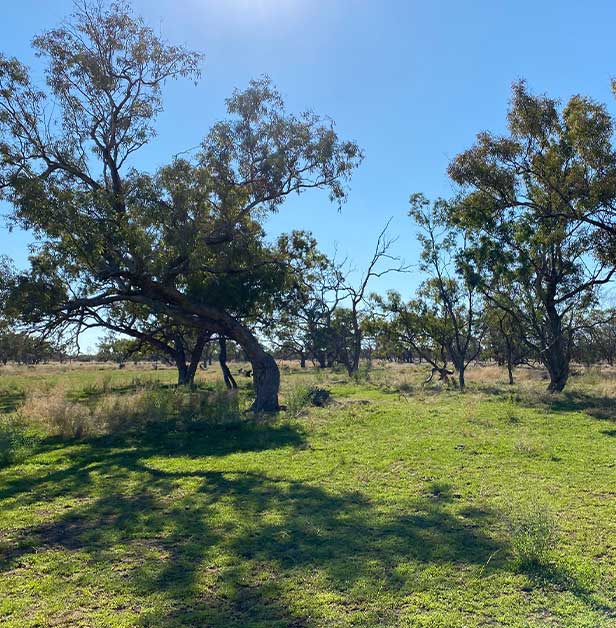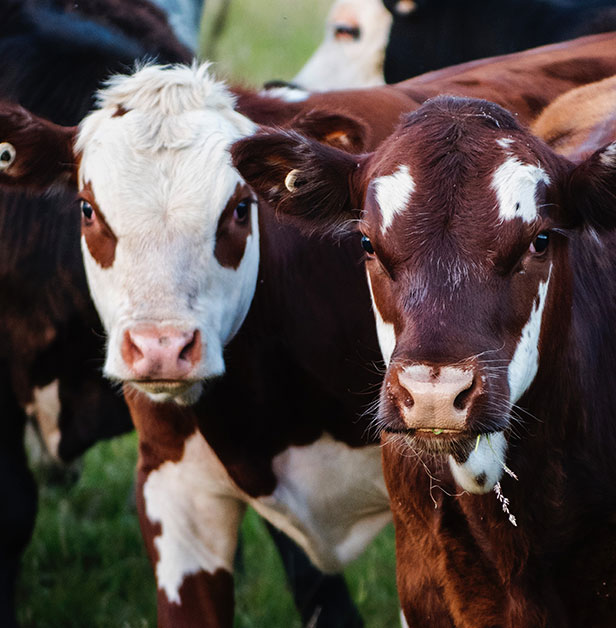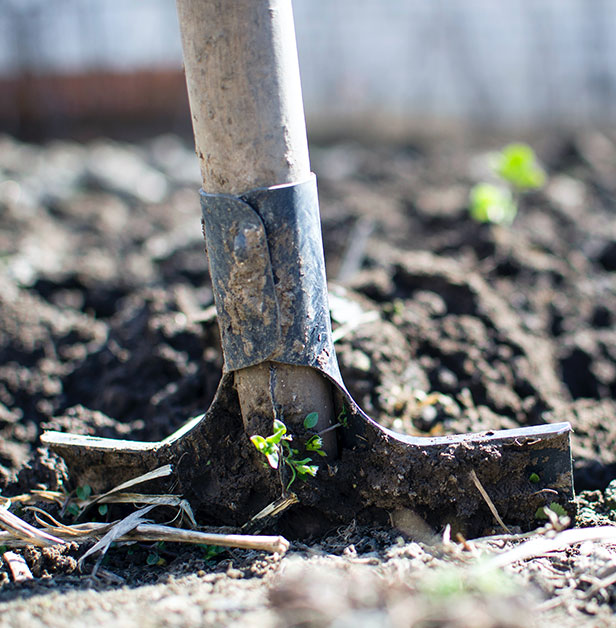Environmental solutions beyond just climate mitigation
How it works
Quality in carbon credit projects is determined by the source and nature of the projects. GreenCollar’s projects have additionalities built into their design, so they are able to provide a range of environmental solutions beyond just climate mitigation. We call these additionalities ‘Key Benefits’ because they aren’t just incidental. They are the social, cultural, economic and environmental windfalls created by carbon farming projects.
GreenCollar’s carbon farming projects have delivered a range of on-farm and on-country environmental benefits including biodiversity and habitat preservation through avoided land clearing, soil remediation through changes in tilling and grazing practices, and flow-on cultural benefits from credits generated by sustainable burning practices.
Eligible activities that landholders can undertake to produce carbon credits include:
- changes to livestock management
- protecting native vegetation at risk of clearing
- regeneration or reforestation of native vegetation
- improving soil carbon
Carbon credits (ACCUs) are purchased by the government, through the Emissions Reduction Fund, or by individuals and companies wishing to voluntarily offset their emissions.
Project development process
Start – Initial Carbon Assessment
GreenCollar's technical team conducts a desktop assessment to estimate the potential carbon abatement and commercial viability of a project on your property.
Step 1 – On-ground Visit
Every agricultural enterprise is unique and GreenCollar will visit your property to tailor the assessment and project to match your business operation.
Step 2 – Project Development Agreement
Once you are comfortable to proceed, GreenCollar will prepare a Project Development Agreement (PDA).
Step 3 – Project Registration
After the PDA is finalised GreenCollar works closely with you to submit an Eligible Offsets Project Application. Once approved eligible activities are implemented on the project areas
Step 4 – Eligible Interest Holder Consent
GreenCollar works with all parties that have an eligible interest in the land on which the project will take place to gain relevant consents.
Step 5 – Detailed Project Design
GreenCollar gathers evidence of eligibility under the method, completes ground truthing surveys and finalises project design. An offset report is submitted to the CER for assessment and issuance of ACCUs
Step 6 – Payment
First payment with ongoing periodic payments over 25 years. Payment cycle ranges from quarterly to annually depending on project size.
Ongoing – Monitoring and Reporting
The landholder continues management activities and GreenCollar undertakes data collection, monitoring, accounting, auditing and ongoing regulatory reporting.
Management Methods
Vegetation projects generate carbon abatement by storing carbon in growing vegetation or by preventing the release of emissions from clearing native vegetation. There are a number of eligible activities that may be implemented for vegetation management.
- Human-Induced Regeneration projects aim to regenerate parts of a property where vegetation has previously been suppressed. Carbon abatement is calculated through modelling software. To be eligible a project area must involve one or more of the following regeneration activities: management of the timing and extent of grazing, management of feral animals, cessation of mechanical or chemical destruction of regrowth or the exclusion of livestock.
- Avoided Deforestation projects require protection of native forest which has previously received government consent to be cleared and converted to cropland or grassland. These projects generate carbon credits for landholders who maintain forest and do not clear the land. Carbon abatement is achieved by not clearing native vegetation, avoiding the release of emissions.
- Avoided Clearing of Native Regrowth projects protect growing forest from future scheduled clearing. Carbon is stored in native regrowth scheduled to be cleared under a property’s historical clearing regime. There must be evidence of two historical clearing events that have occurred where unrestricted clearing is permitted and cropping or grazing is undertaken.

Beef Herd Management projects reduce the overall emissions intensity of pasture-fed beef cattle herds. Changes are made to herd structure, and new management actions are implemented to improve herd productivity. Land managers earn carbon credits through the emissions reduced per kilogram of beef produced.
Activities that improve herd performance and reduce emissions intensity include reducing the average age of the herd, reducing the proportion of unproductive cattle within the herd, or changing the number of cattle in each livestock class within the herd.

Soil carbon projects require the introduction of new management actions that increase carbon inputs into soil or reduce the loss of soil organic carbon. A range of agricultural activities can be used to build and sequester soil carbon stocks.
These activities may include converting cropland to pasture, renovating pastures, changing grazing patterns or introducing sustainable, productive land management practices. Projects are implemented through a series of modelled scenarios or through direct measurements to estimate carbon sequestration over time and produce carbon credits.

Work with us
GreenCollar is one of the only operators in Australia with full end-to-end, in-house expertise in the development, management, legal and technical implementation of carbon projects. We are the largest supplier of nature-based ACCUs to the Australian Government and at the forefront of the voluntary market, actively working to generate new demand for our high quality, high integrity ACCUs.






